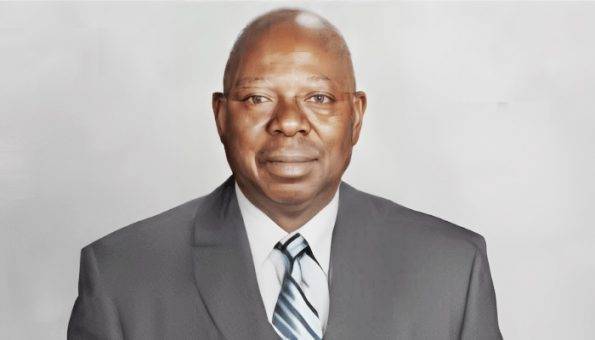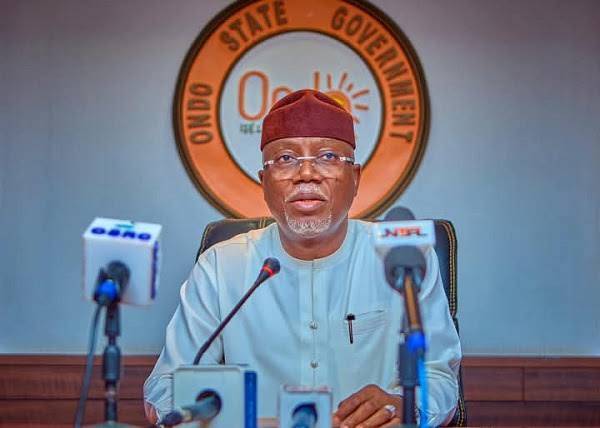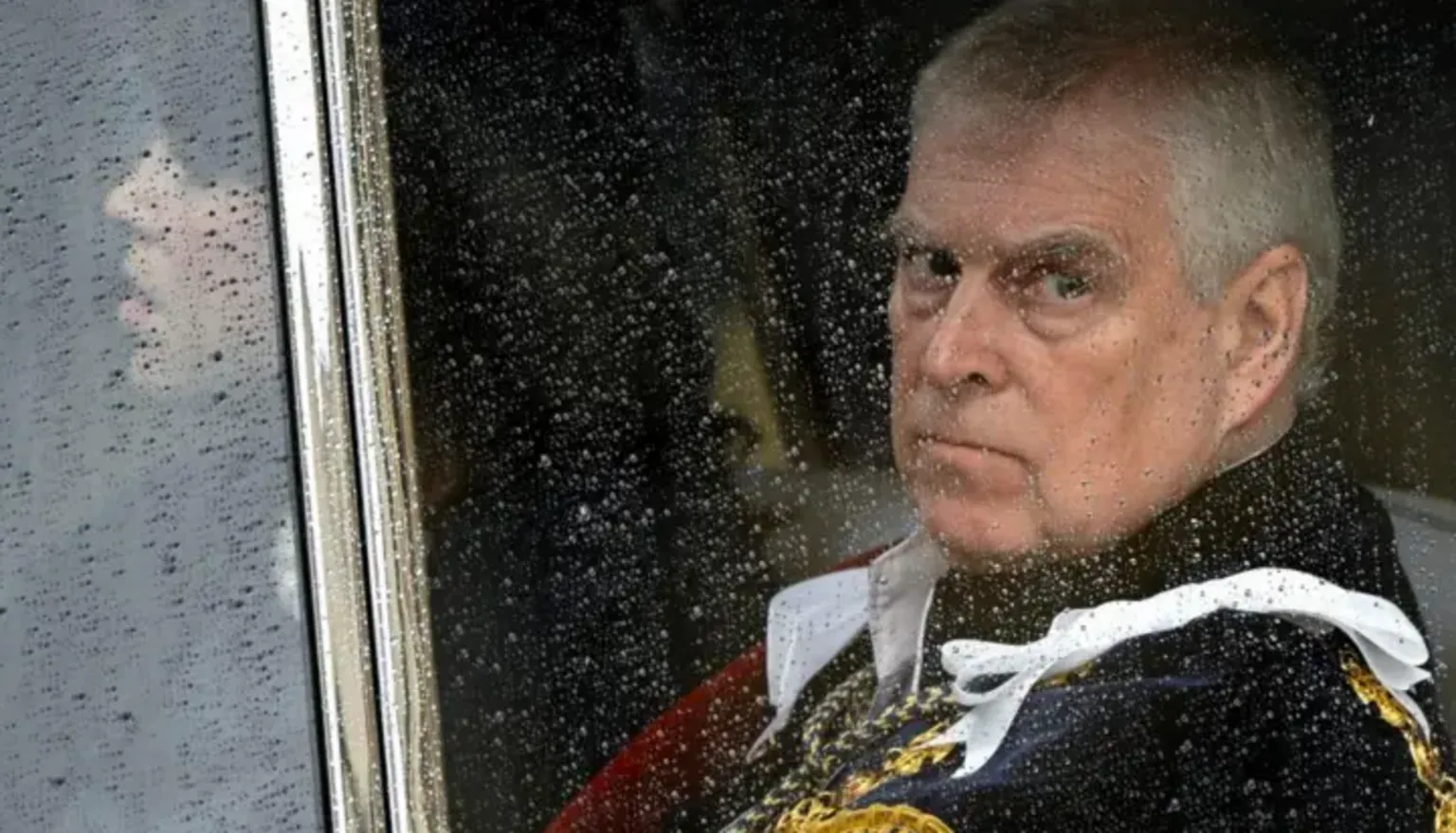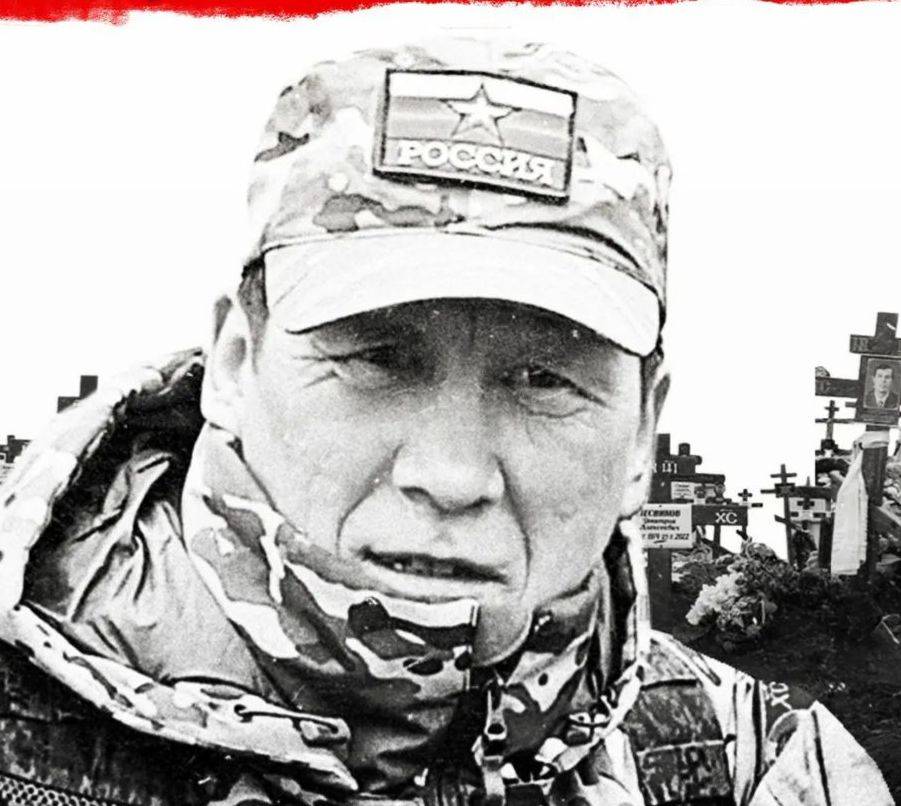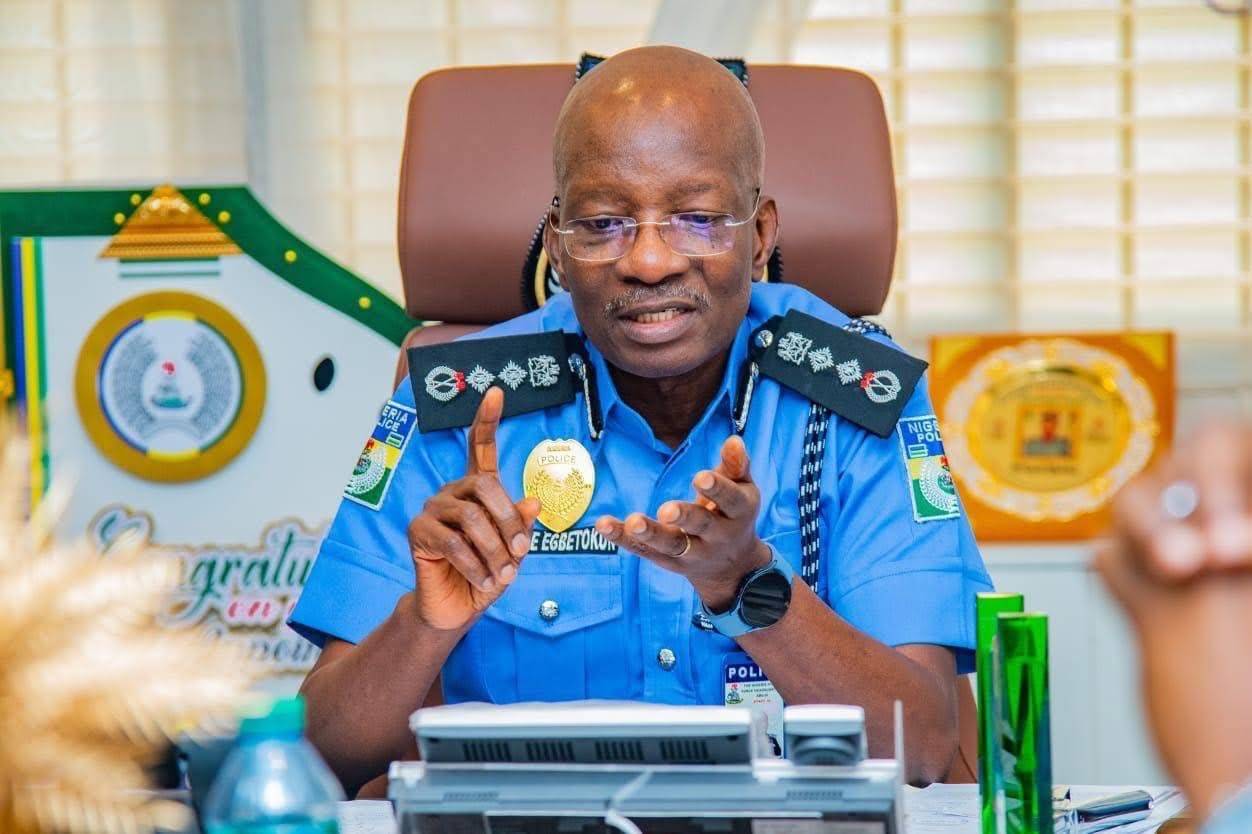I came across the Latin phrase, Semper Fidelis, some years ago in the writings of the Christian thinker and inspirational writer, Steve Farrar. Translated in English as ‘Always Faithful’, it is the motto of the famed Marine Corps of the United States. The novelist Leon Uris’s novel on the Marines, titled ‘Battle Cry’, offers a fictive but gripping account of the tenacity, sheer doggedness of will, extraordinary capacity for endurance in the face of adversity and inflexibility of the will in the pursuit of a stated mission characteristic of this elite corps of the world’s still undisputed military superpower.
According to Farrar in his book ‘Point Man’, “More than two hundred years ago, when the United States Marine Corps was being formed, much time was given to considering an appropriate motto. They finally chose the Latin phrase, ‘Semper Fidelis,’ which is engraved on the mind of every United States Marine. What does it mean? ‘ALWAYS FAITHFUL.’ Expatiating on this, he wrote, “Those are two powerful words. But of the two, the first is the most important, for it explains ‘how’ a marine is to be faithful. A marine is not to be faithful only when it is personally convenient, or when the circumstances will guarantee his personal happiness. Semper Fidelis means always faithful – regardless of personal convenience or happiness”.
The phrase, Semper Fidelis, came to my mind when I received the news that renowned mass communications scholar, journalism teacher, elevated prose stylist, esteemed columnist, biting satirist, public intellectual and unobtrusive fighter for social justice, Emeritus Professor Olatunji Dare, had, last month, donated his expansive country home in Kabba, Kogi State, to the Kogi State University (KOSU) located in the town. For this gesture did not just drop uncharacteristically from the blues. Rather, it mirrored and simply marked the apogee of the scholar and writer’s life-long demonstration of consistent fidelity to those self-sacrificial values he sees as indispensable to the pursuit and attainment of the public good.
Now, it was not just some base, unremarkable and easily disposable property that the professor had gifted the KOSU, Kabba community and environs and indeed Kogi State as a whole. For, as this newspaper stated in its report, “The elegantly furnished five-bedroom duplex was named the Olatunji Dare Building. Located along Late Pa Peter Seleke Road, Oluwatobi Quarters, Kabba, it is a model of comfort and aesthetic taste. It boasts two spacious living rooms, all en-suite bedrooms, dual kitchens, a dining room, stores, laundry, a borehole, a new soundproof generator, a gatehouse, and boys’ quarters.
The report continued, “The compound is landscaped with flower gardens, paved with interlocking tiles, fitted with solar lighting, and secured by twin gates”. A perhaps little noticed aspect of the story noted that “The domestic staff are to be retained for one year by the institution”. The donor did not just hand over the property to the institution and move on; he exhibited faithfulness to his domestic staff that would be catered for by the new owners for one year to enable them some breathing space to plan for the future. That is the essential Professor Dare, ever humane and compassionate.
When the name Olatunji Dare is mentioned, it is not a notion of a life devoted to the accumulation of wealth and its vulgar exhibition that comes to mind. It is not of one who is part of the elite preoccupation and obsession with a ceaseless rat race in which even seasoned academics are eager to show their fellow competitors in material acquisition that ‘my domiciliary bank account is more luscious than yours’, my expansive residence more palatial, and my latest SUV more spectacular.
Rather, he exemplifies an uncompromising commitment to the life of the mind in the service of the higher causes of the advancement of knowledge and the promotion of communal wellbeing. It is a reflexive example of the virtues of servant-leadership that prioritizes the collective good over personal interest; the invaluable wealth of compassion, kindness and generosity of spirit over grasping accumulation in which the superabundance of possessions justifies the means of their acquisition, no matter how detrimental to the health of the Commonwealth.
His celebrated immense cerebral endowment could easily have been channelled to the purpose of being counted among the society’s nouveau riche if Professor Dare were so minded. He could have easily leveraged on the sheer influence and subliminal power of his columns over decades to jostle for public office, particularly during the military regimes that would have paid any price to have an intellectual and journalist of his stature in their corner. He would easily have been counted among the financial movers and shakers of society even if he was not necessarily a billionaire.
But the story of the property he has just gifted to the KOSU is one of sweat and sacrifice over the years to develop. In his words, “My mother, Charity Ajoke Dare (nee Lewu), acquired this site in 1974, hoping that I would put up a building on it within a year or two. I regret that I did not fulfill her expectations… Construction on the site began 40 years later, and 17 years after her death. My immediate younger brother, Emmanuel Dare, kept land grabbers away, but unfortunately passed away in the final phase of the construction. My primary school classmate and friend, Samuel Olowosulu, a retired specialist in stores and supplies, supervised the building with scrupulous integrity. He witnessed the completion but passed away some three years ago”.
Professor Dare’s generous gesture to KOSU certainly was not a decision taken lightly. It came at considerable cost. As a scholar, he belongs to a global community that transcends narrow sectional boundaries. He has demonstrated in his contributions to public discourse over the years his indisputable credentials as a patriot and nationalist. Yet, his has also always been a life of faithful commitment to the community that sprang him.
Thus, on his motivation to endow KOSU with the property, he states that “Long before the creation of Kogi State, the people of Okunland had been yearning for a University. After all, education is their industry. At the very least, they expected the College of Agriculture, Kabba, established in the 1960s as an affiliate of Ahmadu Bello University, to be upgraded to a full-fledged University. The basic infrastructure was in place…Also guaranteed was a faculty of senior and middle-level academics of Okunland origin, willing and ready to relocate from universities in Nigeria and abroad… Everything was in place, except the political will.”
With the summoning of the requisite political will to establish the University, Professor Dare has identified with the institution and the community in a gesture that will surely endure and inspire similar acts of selflessness on the part of future generations. Professor Dare’s gesture also illustrated his abiding faithfulness to academics, the pursuit of knowledge and the society’s responsibility to offer the youths every opportunity to fulfill their potentials in this regard. Thus, his admonition that “Kogi State University, Kabba, should not strive to be just another university. It should, instead, explore opportunities provided by the history, culture, ecology and environment of its location to expand the frontiers of knowledge and widen the mental horizons of its students and members of the larger community.”
Continuing in this vein, he advised that “We shall always have with us those who thirst for knowledge but have had no opportunity to do so. Help them in their quest for self-actualisation through promoting and sustaining literacy and through teaching those skills so vital to functioning in a world that waits for no person. Do not leave them behind .”
Reflecting on his decision to bequeath the property while watching the inaugural matriculation ceremony of the institution, he said, “I had just turned 75 at the time, and realised that I had fewer years ahead of me than behind me”. But is it not exactly the lack of appreciation by our elite of the all too obvious brevity of life, the ultimate ephemerality of material accumulation, that motivates the desperate quest for the acquisition and maintenance of political power and the mindless pursuit of wealth by all means and at all costs, including massive corruption that impedes development and deepens poverty and inequality?
One thing that struck me about Professor Dare’s speech on the occasion was his graciousness of spirit and readiness to acknowledge and praise positive qualities in others. He did not take it for granted that, in representing him at the event, his nephew, Colonel Yomi Dare (Rtd), was simply doing his duty. Rather, he thanked him as “an Officer and Gentleman in whom I am well pleased” who “has taken precious time away from his demanding law practice and incurred considerable personal expense to hand over the edifices on my behalf. “
He commended the Chairman of the Governing Council of the University at the time, Emeritus Professor Olu Obafemi, who “With his accustomed dynamism…quickly devised a ceremony for the formal transfer of the property. Perhaps he was fearful that I might change my mind. There was no chance “. Fulsome in his appreciation of the institution’s Vice Chancellor, Professor Kehinde Eniola, he noted that “Even if I had been minded to change course, Professor Eniola ‘s courtesies alone would have dissuaded me…he displays those attributes, rare these days, that our people consecrated in the term, OMOLUABI”. And even “To the artisans who built the house” he expressed” my grateful thanks for the cordial relationship we enjoyed from start to finish”.
Yet, the professor’s humility, modesty and unassuming disposition belies the fierceness with which he opposed military dictatorship in Nigeria, worked largely from the background to oppose and seek to ensure the rectification of such unjust acts as the annulment of the June 12, 1993 presidential election or refused to be part of a delegation to apologize to the military dictator, General Sani Abacha, to plead for the reopening of The Guardian newspapers which had been shut down by the regime.
Recalling the latter incident, Editor, ace columnist and now Lagos State Commissioner for Information and Strategy, Mr Gbenga Omotosho, writes that the Guardian management had resolved that those who refused to participate in the placatory trip to Abuja should not benefit from the outcome of the trip. In Omotosho’s words, “In fact, I learned that Prof. Dare was specifically named by proponents of that proposal. As the management was contemplating how to break the news to Dare, he tendered his resignation letter. It was shocking. “Since I didn’t participate in the resolution of the crisis”, he was quoted as saying, “I think it will be unfair to those who did if I benefit from the gains of the trip”. If this is not courage, I wonder what it can be called. Such is Dare’s stubborn disposition towards the principles he holds dear.” Semper Fidelis.


